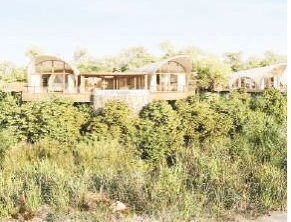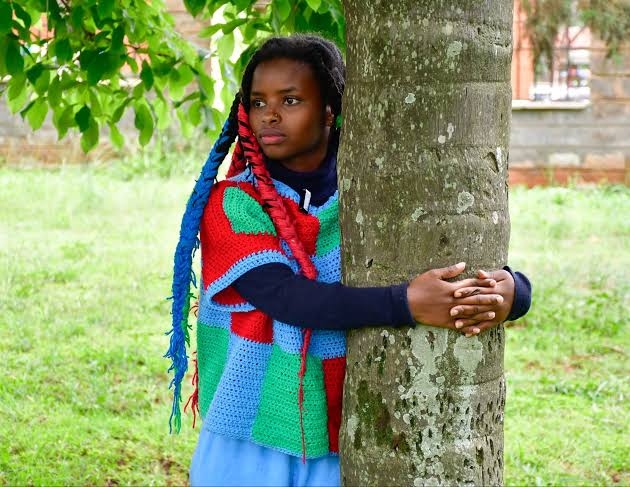The total outstanding compensation from human-wildlife claims stands at Sh4.19 billion, a report of the Departmental Committee on Tourism and Wildlife shows.
The Report on Consideration of the 2024 Budget Policy Statement noted that out of the total amount, Sh4.16 are verified bills and payable while Sh35.33 million are court awards.
The proposed ceiling for the State Department for Wildlife in the Budget Policy Statement for the Financial Year 2024/2025 is Sh13.24 billion consisting of Sh11.8 billion under recurrent and Sh1.43 billion under development vote.
The department targets to settle all pending human-wildlife compensation claims within the 2024/2025 and 2026/2027 financial years.
Committee chair Kareke Mbiuki, while presenting the report to the Budget and Appropriations Committee on Wednesday, said the department will spend the allocation on three programmes; Wildlife Security, Conservation and Management (Sh12 billion), Wildlife Research and Development (Sh1 billion) and Administrative Services (Sh219 million).
“The State Department has a number of projects some of which are being implemented under the Bottom-Up Economic Transformation Agenda,” Mbiuki told the Ndindi Nyoro-led committee.
He named the projects as the Human Wildlife Mitigation Programme (Sh202 million), the implementation of the plastic ban in protected areas (Sh12 million), the provision of water for wildlife in protected areas (Sh270 million) and the construction and equipping of four research training centres in Malindi, Nyeri, Tsavo and Naivasha (Sh117 million).
The department intends to construct and rehabilitate 45 water pans and 27 boreholes in protected areas and community conservancies.
The report said Wildlife Research Training Institute is currently preparing to undertake the construction of a National Wildlife Gene Bank, Bio-prospecting and Biotechnology facility at its headquarters in Naivasha.
It added that the department is seeking to establish three wildlife breeding and demonstration centres, build 105 ranger houses rehabilitate another 433 and conduct 360 public education conservation awareness programmes.
“Some 40 kilometres and 7, 750 kilometres of roads will be constructed and rehabilitated respectively,” Mbiuki said.
He added that 30 kilometres and six kilometres of airstrips will be rehabilitated and maintained respectively.
He further said the department will maintain 342 kilometres of roads for community conservancies.
During the period, nine specialised security equipment will be acquired for Kenya Wildlife Service to combat wildlife crime in the country.
Some 700 KWS staff will be trained to combat wildlife crime from the current 300.

















